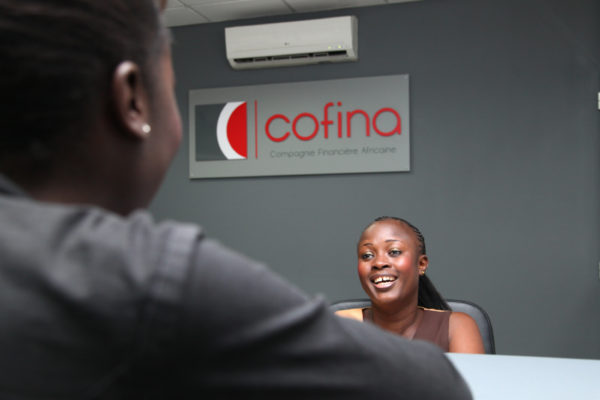MaTontine’s innovative digital solution will help to make small-scale savings work
BRUSSELS, 5 September 2018 – More than 50,000 low-income Senegalese women will gain access to basic financial services like savings thanks to a new tech-savvy project by COFINA Senegal and WSBI as part of the Mastercard Foundation programme to help small-scale savings work.
Outlined in a Memorandum of Understanding between the two organisations, African financing company COFINA will partner with MaTontine, a fintech enterprise focused on reducing poverty through the widespread adoption of digital financial services, targeting traditional savings groups in French-speaking Africa – commonly known as “tontine”.
COFINA Senegal Chief Executive Officer Amadou Boudia Gueye said: “The project will enable disadvantaged low-income segments of the population, especially women, to acquire a stable culture of saving and give them an easier access to lending and other services through the use of new technology.”
The project aims to conduct all the tontines’ financial transactions digitally via mobile phones through the MaTontine platform. In addition, COFINA will facilitate access to small loans – packaged as advances on earnings – and other financial services to the individual members of the traditional savings groups. By 2022, the project foresees women making up 90 per cent of the more than 57,000 active customers signed up. More than 40,000 small loans will be granted during that period and savings collected reaching US$8 million. The project also aims to build up people’s mindset towards savings and provide a pathway to access small loans and beyond, including microinsurance.
Financial inclusion challenge in Senegal, especially for women
There is huge potential to widen inclusion in Senegal, home to some 15 million inhabitants. Just 15 percent of the population aged 15 years or older have an account at a financial institution, according to the latest FINDEX data. That figure is lower for women at 11 per cent in the same age bracket, a demographic that comprises some 5.5 million people and a literacy rate of 46.6 per cent versus 69.7 per cent for men. That will mean creative approaches through mobile accounts, which today has a market take up of only six per cent of the total 15+ population. Appetite for savings is high, with 59 per cent of that same segment saving money in some form. Only 6.6 per cent of whom squirrel it away at a bank or other deposit-taking financial institution.
WSBI Managing Director Chris De Noose said: “The project is important because it helps lower the financial inclusion barrier that women face thanks toCOFINA’s gender-based approach. It will lift women’s lives in urban and rural areas living on less than US$5 dollars a day who face generally more exclusion than men.”
The pilot phase will begin immediately in two areas of the Dakar region.



